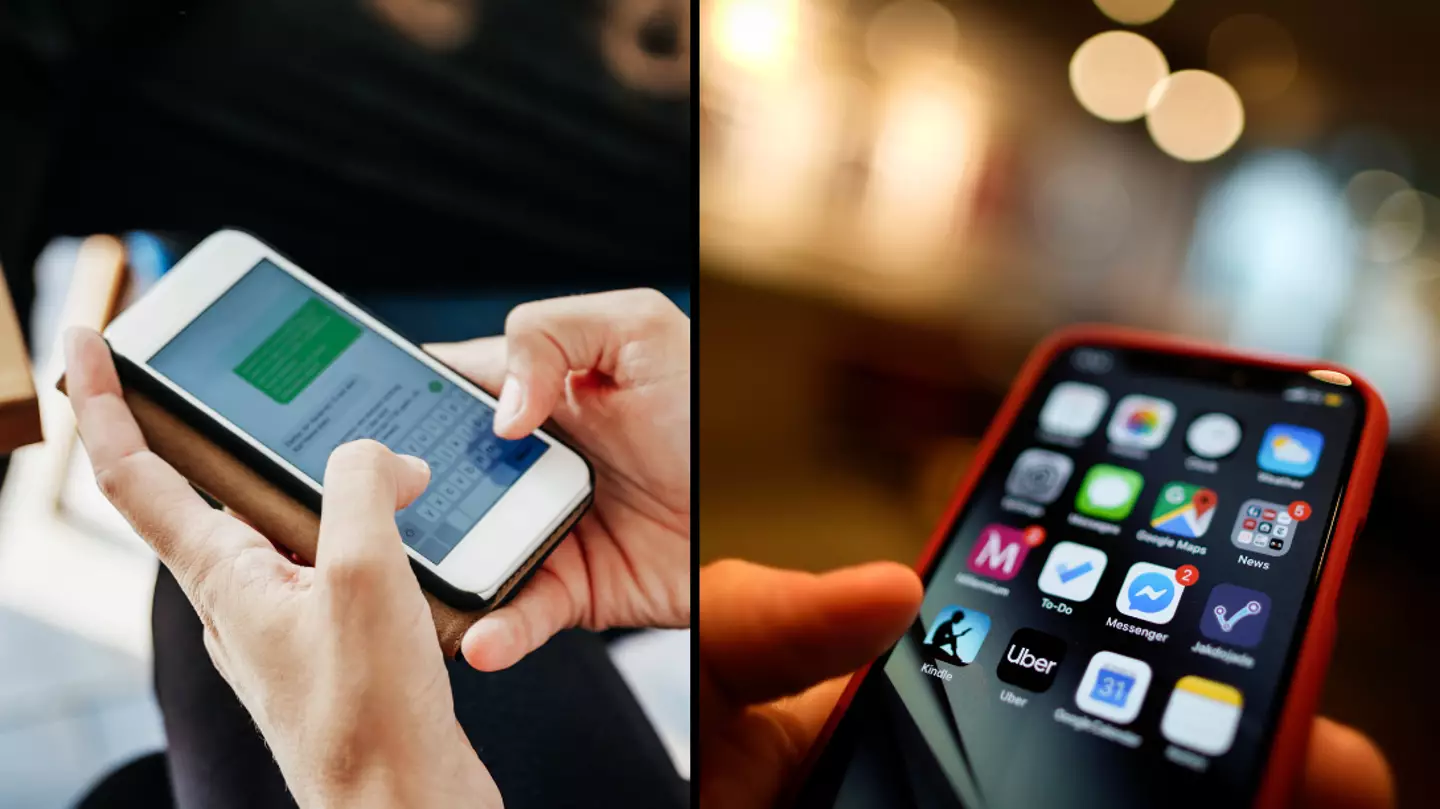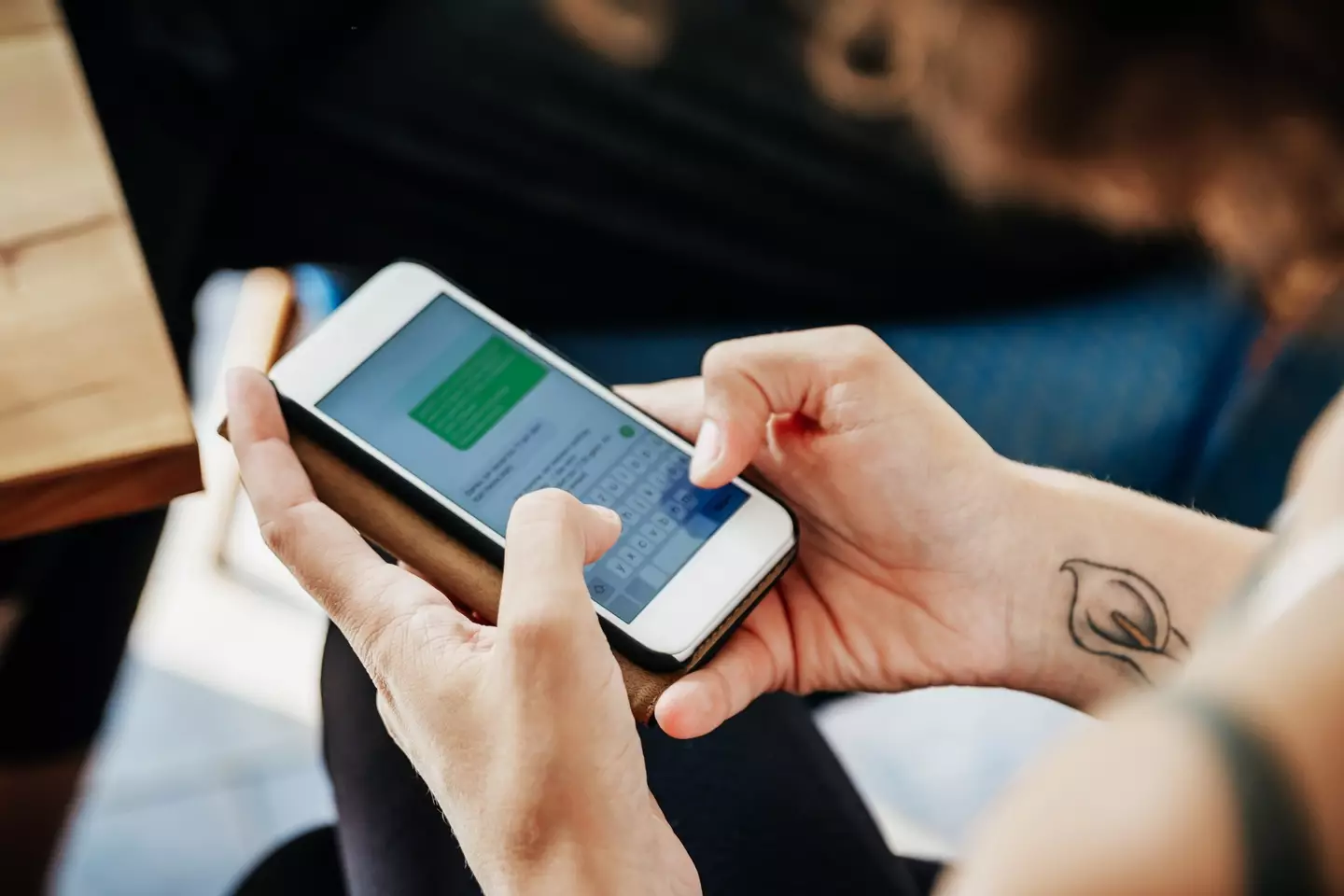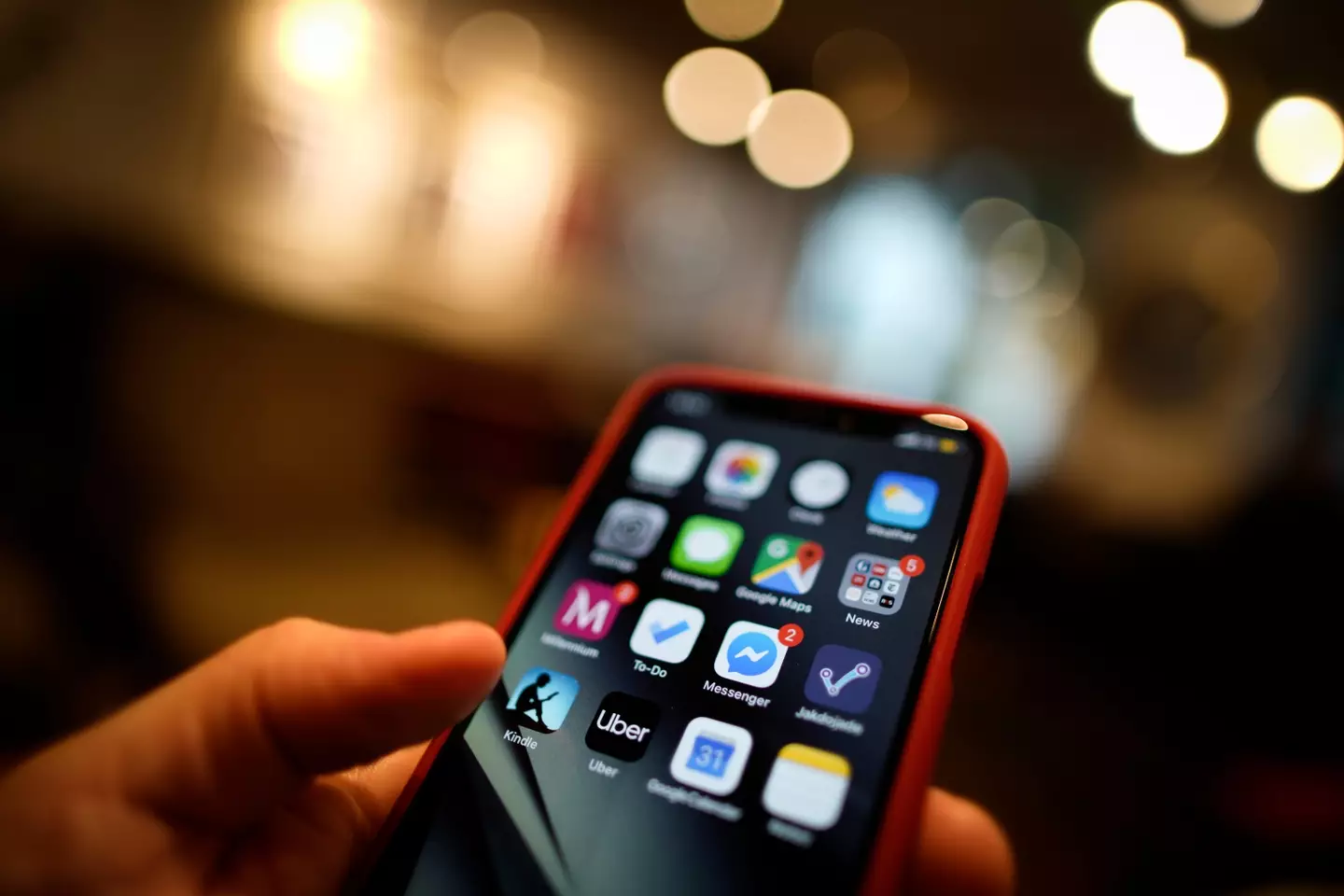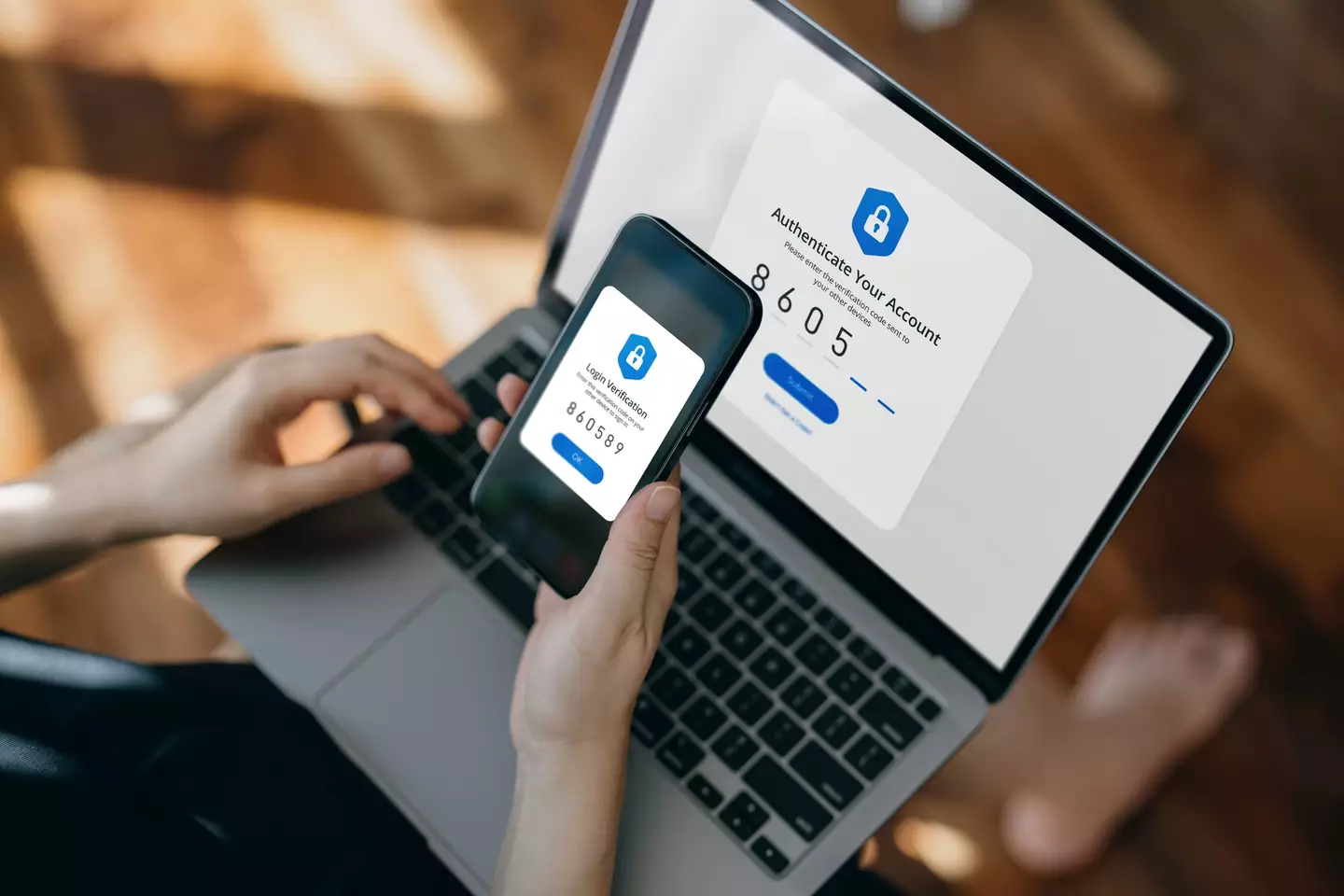
Apple has issued countless warnings across its iPhone devices after users worldwide were told they were being targeted in a 'mercenary spyware attack'.
Notifications were sent out across the globe, with iPhones in 92 countries on the receiving end of the security alerts issued by the Silicon Valley tech giant.
It's not the first and definitely wont be the last time security alerts are issued by tech behemoths such as Apple.
Advert
Earlier this month, the company alerted iPhone users to a new 'push bombing' scam that was targeting those with the smartphone.
Android phone owners are also at risk, with sinister apps posing as legitimate security systems to steal all your cash.
Even WhatsApp users across any device aren't safe, so you really do need to have your wits about you when it comes to living in the modern age.
In this new alert from Apple, the company warned iPhone users over mercenary spyware attacks.
What is a mercenary spyware attack?
Those who fall victim to this could have their phones hacked remotely from a cybercriminal anywhere in the world. From there, they could track every touch of the screen you make (and therefore know your most sensitive passwords), access your camera, and even your microphone.
Terrifying.
In a threat notification email sent from the company that was seen by CNET, Apple wrote: "Apple detected that you are being targeted by a mercenary spyware attack.

"This attack is likely targeting you specifically because of who you are or what you do.
"If your device is compromised by a targeted mercenary spyware attack, the attacker may be able to remotely access your sensitive data, communications, or even the camera and microphone."
Issues in India were the first reported, with the other 91 countries impacted at this stage currently unclear.
What has Apple said?
Issuing advice on the threat, Apple said: "Apple threat notifications are designed to inform and assist users who may have been individually targeted by mercenary spyware attacks, likely because of who they are or what they do.
"Such attacks are vastly more complex than regular cybercriminal activity and consumer malware, as mercenary spyware attackers apply exceptional resources to target a very small number of specific individuals and their devices.
"Mercenary spyware attacks cost millions of dollars and often have a short shelf life, making them much harder to detect and prevent. The vast majority of users will never be targeted by such attacks."

How to know if you've been a victim of a mercenary spyware attack
If Apple detects activity consistent with a mercenary spyware attack, the company says it will notify the targeted users in two ways:
- A Threat Notification is displayed at the top of the page after the user signs into appleid.apple.com.
- Apple sends an email and iMessage notification to the email addresses and phone numbers associated with the user’s Apple ID.
These notifications provide additional steps that notified users can take to help protect their devices, including enabling Lockdown Mode.

How can you protect your iPhone?
Apple has issued a six point bulletin on the best ways to protect your device from the threat of malware and rogue cyber attacks.
It says:
- Update devices to the latest software, as that includes the latest security fixes
- Protect devices with a passcode
- Use two-factor authentication and a strong password for Apple ID
- Install apps from the App Store
- Use strong and unique passwords online
- Don’t click on links or attachments from unknown senders
Topics: iPhone, Phones, Technology, Crime, Apple, World News, UK News, US News